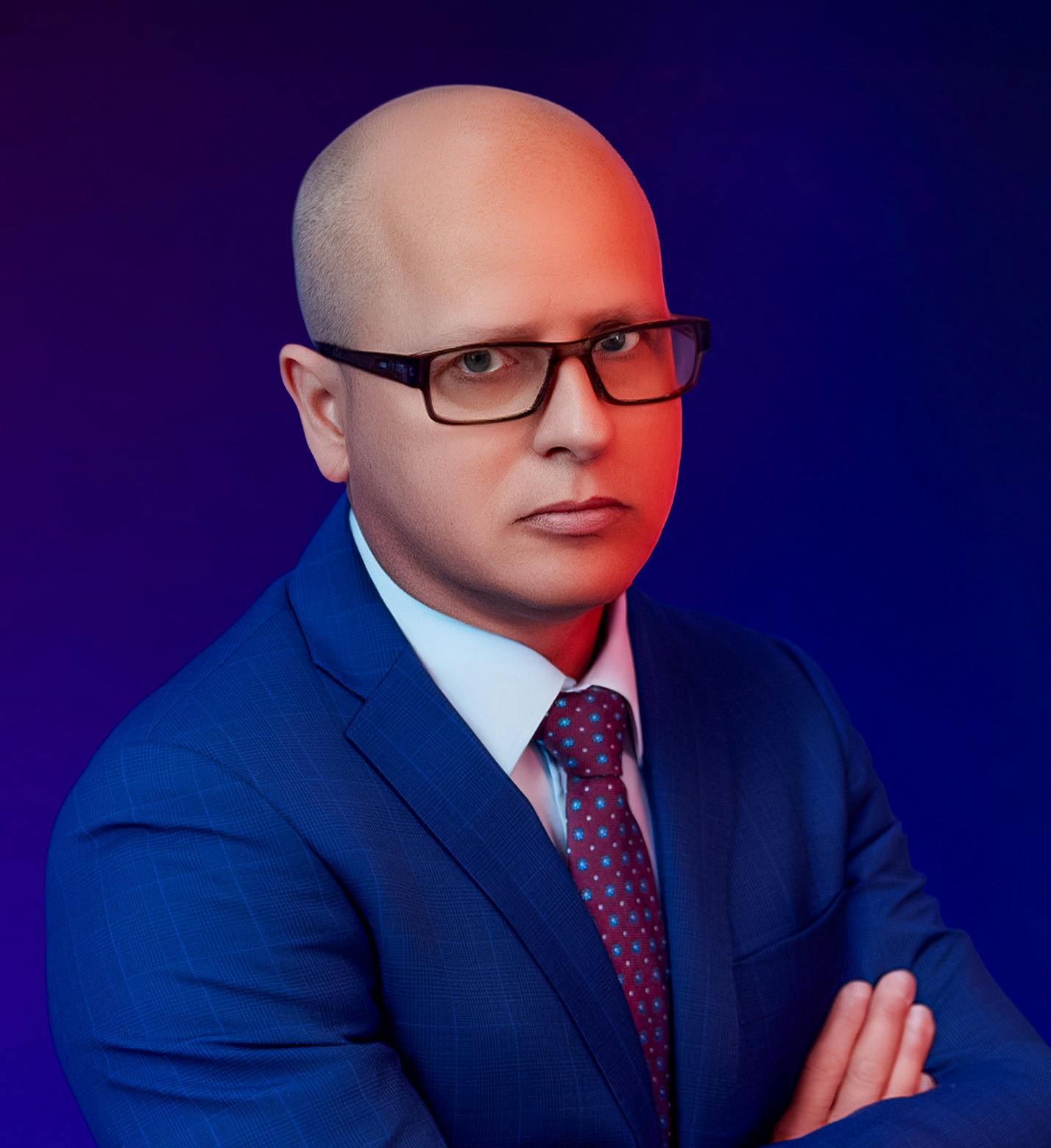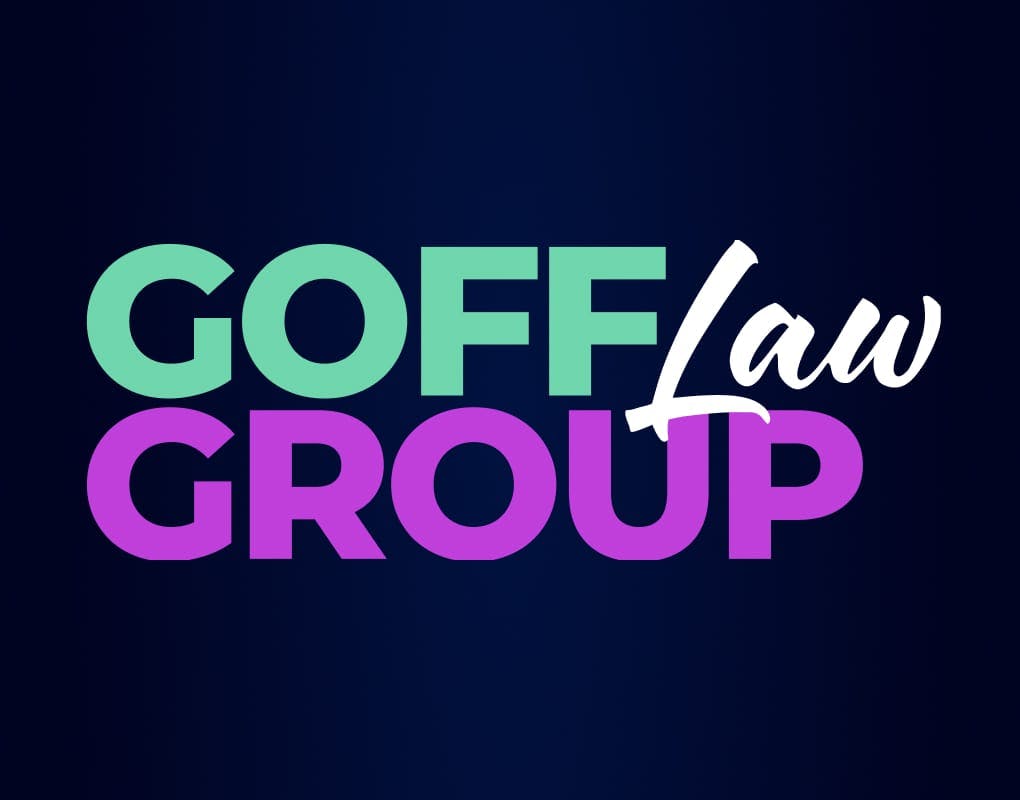Sarai Black
Goff Law Group has been great to me for about 3 years now. Any accident I have I am sure they are the first I call! They are extremely efficient with their communication and realistic with what expectations should be. The hospitality has...
Davita Alexander
I must say I am very happy with the Goff Law firm. I was in an accident back in Jan. I just closed my case and picked up my check yesterday. I was very satisfied with the results. Chase is the best. She help out every step of the way and...
Arthur Weatherington
Goff Law Firm is the most efficient,team of lawyers,that. Kept me updated with my case and I Highly recommend them to anyone who has been involved in an accident.THANKS FOR YOUR HARD WORK.
Amanda Novak
Attorney Chase was great to work with. Highly recommend Goff law group!
Francheska Rivera
Very compassionate and patient people.
Paul Ruzbarsky
I had the opportunity to hire the Goff Law Group to represent me. Attorney Pam Cameron and her Paralegal Tracy were both outstanding. They were on top of all aspects of the case and did a great job keeping me informed. ...
Kimberly Colon
From the moment I was injured my health was raised as a concern. I’ve been treated with nothing but respect and compassion. Gabby was amazing communicating and checking in on me every step of the way. Making me feel more than just ...
Ken Becker
Attorney Pam Cameron and Paralegal Tracy Hanson at Goff Law were instrumental in helping us navigate a very difficult time after a distracted driver, who was drinking and driving, totaled our daughter's car, which was filled with college...
Nancy Gonzalez
The Goff Law Group delivered outstanding service in my auto accident injury claim. Their dedication and commitment to my case resulted in a significant settlement. The team is dedicated to providing excellent service. They made me feel c...
Phil Amico
I was in a minor car accident, but I hurt my shoulder.I got the Goff law firm involved.After other driver's insurance company made an offer that would cover one week of the 2 months of physical rehab. The Goff law group really went to ba...
Debra Colli
When I first had my car accident I was not getting anywhere with the insurance company. It was so frustrating for me as it was not my fault. I was hit by someone going thru a red light. When I called the Goff L...
Jennifer Miller
Very kind and considerate staff of attorneys, from the front desk secretary to every single attorney, Veronica, Erin, Lauren, Liz, and Brooke. Very concerned about our health and well being through this entire process, I’m very tha...
Nikki Reyes
From first contact with this group, I was treated with top priority. Yvonne and Erin walked me through the process and kept me informed every step of the way. Attorney Goff also sent me a welcome gift which was unique and so thoughtful. ...
Caitlynn Hernandez
Goff law group is outstanding, there's so many wonderful things to list. The staff goes above and beyond I was kept in contact about everything, which made it a smooth process. Attorney Marisa is wonderful very knowledgeable I give stars...
Kayleigh Jimenez
Hello my name is Miguel a recent client of Goff, my wife Kayleigh was logged into Chrome so it may say her name. My experience with Goff has been pleasurable simply because I was able to sense their genuine concern from the second I was ...
Johnnaya Carr
I want to thank the entire team for their dedication and hard work for my case. This has been a trying time for my family and I, but knowing that Morgan, Carrie and the other members of the Goff Law Group were working on our behalf, gave...
Diedra Paquette
Start to finish, Goff got it done! Brooke returned my call right away and took the case when other law firms wouldn’t. My case progressed years over 3 years to litigation. Litigation was a nerve wracking process but Elizabeth...
Marcia Garvin
Goff Group is Boss!!
A friend recommended them after my car accident. I'm so glad I called them. Attorney Maya and Cassandra were great to work with. They always check in and how I'm doing and kept me updated on t...
James Stone
My experience with Goff Law Group was nothing short of fantastic! My attorney was polite and knew exactly how to handle my case. I was given extremely accurate time lines, and there were no surprises. I short, if you need an injury...
Nancy Isa
Highly recommend Goff Law Group. They answered the phone immediately with a live human being at the other end! Wrapped their arms around me throughout the entire process & provided guidance with all medical appointments, questi...









































